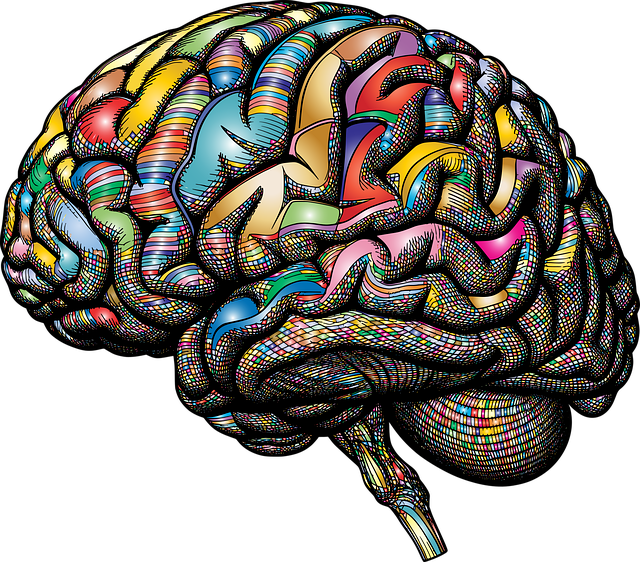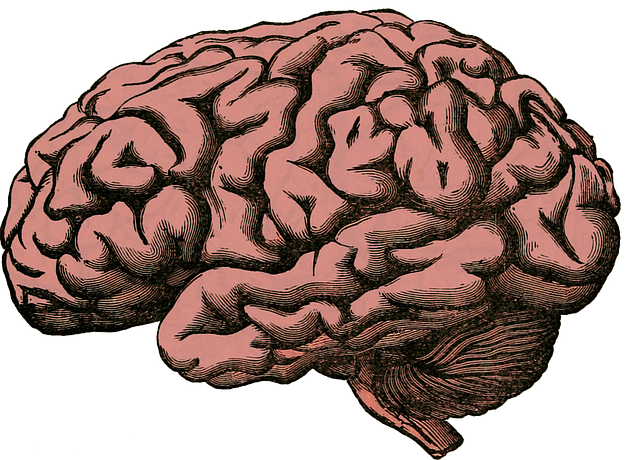Divorce poses significant emotional challenges for children, requiring mental healthcare professionals to provide crucial therapy for children divorce. Using culturally sensitive approaches and methods like talking therapies and play therapy, these professionals help kids cope with stress, express feelings, and develop resilience. Therapy offers a safe space for emotional release and coping skill development, empowering children to navigate life's challenges. Engaging activities such as art therapy and role-playing further enhance mental health awareness and build long-term resilience. Early intervention through techniques like cognitive-behavioural therapy (CBT) teaches children effective stress management, fostering mental strength and control over negative thoughts. Cultural sensitivity ensures these coping strategies are accessible and tailored to diverse family structures.
“Stress management techniques are essential tools for children navigating the complexities of divorce. This article explores effective strategies to help young minds cope with emotional turmoil. We delve into understanding a child’s stress during divorce, highlighting the critical role of therapy in teaching them healthy coping mechanisms. Through engaging activities and techniques, parents can build resilience in their kids. Additionally, we emphasize long-term coping skills development, offering a comprehensive guide for parents seeking to support their children through this challenging period.”
- Understanding Children's Stress During Divorce: Unveiling Emotional Needs
- The Role of Therapy in Teaching Effective Stress Management Strategies
- Engaging Activities and Techniques for Building Resilience in Kids
- Nurturing Long-Term Coping Skills: A Comprehensive Approach for Parents
Understanding Children's Stress During Divorce: Unveiling Emotional Needs

Divorce can be a particularly challenging and stressful experience for children, who often struggle to process and express their emotions. Understanding a child’s stress during this time involves recognizing that they may experience a range of feelings, from confusion and anger to sadness and fear. These complex emotions stem from their need for stability, security, and the sense of a loving family structure. Therapy for Children Divorce becomes crucial in addressing these emotional needs and promoting their overall well-being.
Mental healthcare professionals play a vital role in helping children navigate the aftermath of divorce by employing techniques that foster emotional healing processes. Cultural sensitivity in mental healthcare practice is essential, as it allows therapists to tailor their approaches to each child’s unique cultural background and family dynamics. Through various therapeutic methods, including talking therapies and play therapy, children can learn healthy ways to cope with stress, express their feelings, and develop resilience. These Emotional Well-being Promotion Techniques are designed to support the child in their emotional healing journey, ensuring they feel heard, understood, and empowered during this transition.
The Role of Therapy in Teaching Effective Stress Management Strategies

Therapy plays a pivotal role in teaching effective stress management strategies, especially for children navigating challenging life events such as their parents’ divorce. This therapeutic process offers a safe space for kids to express their emotions and learn healthy coping mechanisms. Through tailored activities and techniques, therapists help children develop resilience and build self-care practices that are crucial for burnout prevention.
In the context of therapy, children gain valuable communication strategies to articulate their feelings and needs, fostering better connections with caregivers and peers. This early exposure to healthy stress management can have lasting impacts on their overall well-being, equipping them with essential tools to confront life’s challenges head-on.
Engaging Activities and Techniques for Building Resilience in Kids

Incorporating engaging activities into stress management teaching for children is a powerful way to build resilience and promote mental health awareness from a young age. These interactive techniques can help kids navigate their emotions, especially those facing challenges like therapy for children of divorce. Through play and creative expression, children learn to identify and manage stress triggers, develop coping strategies, and foster a positive sense of self. For instance, art therapy sessions encourage them to express their feelings through painting or drawing, offering a safe outlet for emotional release.
Additionally, group activities that promote teamwork and communication can enhance social-emotional learning. Role-playing scenarios allow children to practice assertiveness and problem-solving skills while fostering cultural sensitivity in mental healthcare practice. Engaging these young minds with fun and interactive stress management tools not only prevents burnout but also empowers them to become advocates for their mental well-being as they grow older.
Nurturing Long-Term Coping Skills: A Comprehensive Approach for Parents

Teaching children effective stress management techniques is a proactive approach for parents to equip them with lifelong coping skills. This process involves a comprehensive understanding of their child’s emotional landscape and tailoring strategies accordingly. By integrating therapy, such as cognitive-behavioural therapy (CBT), into their parenting toolkit, parents can help their children navigate challenging situations and develop resilience.
In the context of potential life changes like divorce, early intervention through therapy for children can be instrumental in managing anxiety relief. Mind over matter principles, when taught alongside traditional coping mechanisms, empower kids to reframe negative thoughts and foster a sense of control. Cultural sensitivity in mental healthcare practice is also vital, ensuring that stress management techniques are accessible and tailored to diverse family structures and backgrounds.
In navigating the complexities of divorce, children’s emotional well-being is paramount. This article has explored various facets of understanding and managing stress in young minds during this challenging period. From recognizing their unique emotional needs to providing therapeutic support, we’ve highlighted effective strategies. Engaging activities designed to build resilience offer a promising path forward. By fostering long-term coping skills through a comprehensive approach, parents can empower their children to thrive amidst life’s storms. For those seeking guidance, therapy for children divorce serves as a valuable tool in this nurturing process.









